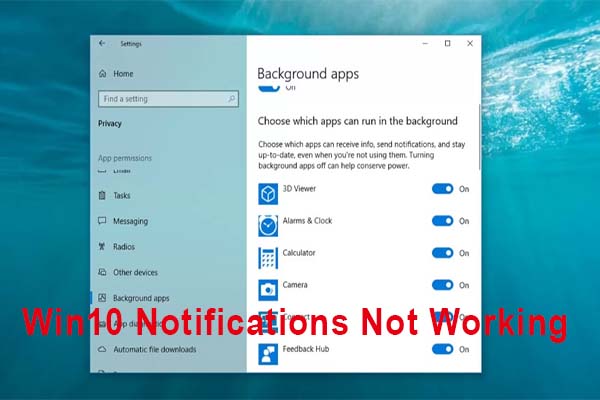
And obviously, a system like Skype is always going to be stronger when it's stretched as far and wide as possible - restricted to Windows Phones, that wouldn't be very many mobile clients at all. "We'll hang onto that forever," a spokesperson said, reminding us that Redmond continues to operate Skype as a separate company. Regardless, there was one place where they didn't mince words: continued support of non-Microsoft platforms. There are lots of options," we were told. Speaking of the future, Skype was generally reluctant to talk about it: any mention of roadmaps for iOS, Android, or future versions of Windows Phone (like Apollo) were met with "we have nothing to announce." In light of the common belief that it'll eventually be integrated into Windows Phone on a deeper, systemwide level, we wanted to know whether the client would continue to be offered as a standalone app in the Marketplace. On iOS and Android, Skype is able to keep its agent running whether the app is in the foreground or not, which allows calls to ring immediately.Īnother notable quirk of the client is that video calls only work in landscape mode, but this one isn't a limitation of the platform - we're told it's actually a Skype decision and that "you can expect to see that change in the future."

The company noted that some other VoIP clients on Windows Phone can jump-start into the foreground when a call comes in using the standard push notification system (which Microsoft has had in place since the original release of Windows Phone 7), but that this wouldn't work for Skype - they say it takes too long to process the notification, open the app, and set up the call to make it practical. Push notifications are too slow to work, Skype says Though Windows Phone 7.5 added some backgrounding capability, Skype says that this is a limitation of Mango (and Tango) and that there's nothing that it can do to fix it this isn't something that you'll see changed when the gold build is released in April. The most surprising thing we learned in our testing is that the app simply doesn't work in the background - you can't receive calls or stay on them when the app isn't displayed, reminiscent of the iPhone app's behavior prior to the background support added in iOS 4.

Skype's big news this week is the release of a beta Windows Phone client - the first fruit of its collaboration with new owner Microsoft - and we circled back with the company today to get some more clarity on the product and its plans for the future.


 0 kommentar(er)
0 kommentar(er)
